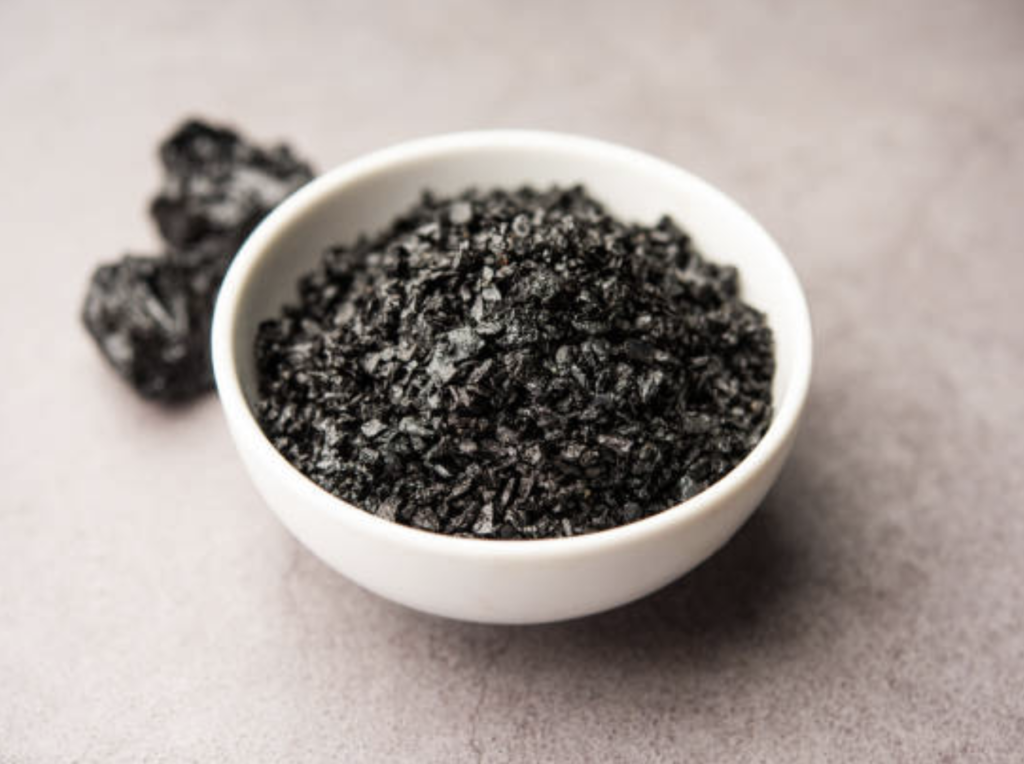Testosterone for Women Weight Loss: Benefits and Considerations
When people think about testosterone, it’s often associated with men. However, testosterone plays a crucial role in women’s health too. From maintaining muscle mass to regulating energy levels, this hormone can significantly influence weight and body composition.
In this article, we’ll explore how testosterone affects women, its potential role in weight loss, and what you need to know before considering testosterone therapy.
Understanding Testosterone in Women
Testosterone is a hormone produced in small amounts by a woman’s ovaries and adrenal glands. Despite being labeled a “male hormone,” testosterone is essential for women as well. It contributes to:
- Muscle maintenance: Testosterone helps in preserving lean muscle mass, which is crucial for metabolism.
- Bone health: It supports bone density, reducing the risk of osteoporosis.
- Energy and mood: Adequate levels of testosterone are linked to better energy levels, improved mood, and overall vitality.
Low testosterone levels in women can lead to symptoms such as fatigue, decreased muscle tone, and weight gain, particularly around the midsection.
Can Testosterone Help with Weight Loss?
Testosterone therapy is sometimes touted as a weight-loss aid, but its effectiveness varies depending on individual circumstances. Here’s how testosterone may impact weight:
- Increased Muscle Mass
Testosterone helps increase lean muscle, which burns more calories than fat. This boost in muscle can rev up your metabolism, aiding weight loss efforts. - Reduced Fat Accumulation
Some studies suggest that balanced testosterone levels can reduce fat storage, especially in areas like the abdomen. - Enhanced Energy Levels
Higher energy levels from adequate testosterone can encourage more physical activity, which is key for weight management. - Improved Insulin Sensitivity
Testosterone might help improve how the body handles glucose, reducing fat storage linked to insulin resistance.
While testosterone therapy can offer these benefits, it’s not a magic solution. Sustainable weight loss requires a combination of diet, exercise, and overall lifestyle changes.
Causes of Low Testosterone in Women
Low testosterone levels can occur due to various factors, including:
- Aging: Testosterone naturally declines with age, especially during and after menopause.
- Medical conditions: Conditions like polycystic ovary syndrome (PCOS) and adrenal fatigue can disrupt hormone production.
- Lifestyle factors: Poor diet, lack of exercise, and chronic stress can contribute to hormonal imbalances.
Testosterone Therapy for Women
What Is Testosterone Therapy?
Testosterone therapy involves supplementing testosterone to restore balance in the body. This is usually done through:
- Topical creams or gels
- Injections
- Pellet implants
Potential Benefits
- Increased lean muscle mass
- Enhanced energy and stamina
- Improved mood and libido
Risks and Side Effects
While testosterone therapy can be beneficial, it’s not without risks. Common side effects include:
- Acne and oily skin
- Hair thinning or hair loss
- Mood swings
- Potential deepening of the voice
It’s essential to consult a healthcare provider to determine if testosterone therapy is appropriate and safe for you.
Natural Ways to Boost Testosterone Levels
If you’re hesitant about therapy, consider natural ways to support your body’s testosterone production:
- Exercise Regularly
Strength training and high-intensity interval training (HIIT) are known to support hormone health. - Eat a Balanced Diet
Include healthy fats, lean proteins, and complex carbohydrates. Foods like eggs, nuts, and avocados can support hormonal balance. - Manage Stress
Chronic stress can increase cortisol levels, which suppress testosterone production. Practice relaxation techniques like meditation or yoga. For stress management tips, read Cortisol Mocktail for weight loss Guide. - Get Adequate Sleep
Poor sleep disrupts hormone production. Aim for 7-8 hours of quality sleep per night. - Consider Supplements
Zinc, magnesium, and vitamin D are essential for hormone health. Consult a doctor before starting any supplement.
Is Testosterone the Right Solution for Weight Loss?
While testosterone plays a role in weight management, it’s not a stand-alone solution. Women considering testosterone therapy should:
- Undergo comprehensive hormone testing.
- Consult with an endocrinologist or a hormone specialist.
- Combine therapy with a tailored diet and exercise plan.
It’s also important to recognize that weight loss is multifactorial. Hormones are just one piece of the puzzle.
Comparing Testosterone Therapy to Other Weight Loss Strategies
When considering testosterone therapy, it’s helpful to compare it with other approaches:
| Approach | Pros | Cons |
|---|---|---|
| Testosterone Therapy | Supports muscle mass and energy; addresses hormonal imbalances. | Potential side effects; requires medical supervision. |
| Nutrition Adjustments | Long-term sustainability; supports overall health. | Requires discipline and consistency. |
| Exercise Programs | Builds muscle and burns fat; improves cardiovascular health. | Time-intensive for some individuals. |
| Other Hormonal Therapies | Addresses broader hormonal imbalances (e.g., estrogen, progesterone). | Side effects vary; not for everyone. |
Final Thoughts
Testosterone can be a valuable tool for women struggling with weight loss, particularly when low testosterone levels are a contributing factor. However, it’s not a one-size-fits-all solution.
If you suspect hormonal imbalances are affecting your weight, start by consulting with a healthcare professional. Testing, guidance, and a comprehensive plan are essential to achieve long-term success.
By understanding the role of testosterone and adopting a balanced approach, women can unlock a healthier, more energetic version of themselves.
Learn more about Weight Loss Supplements While on TRT to maximize your fat-burning potential!


